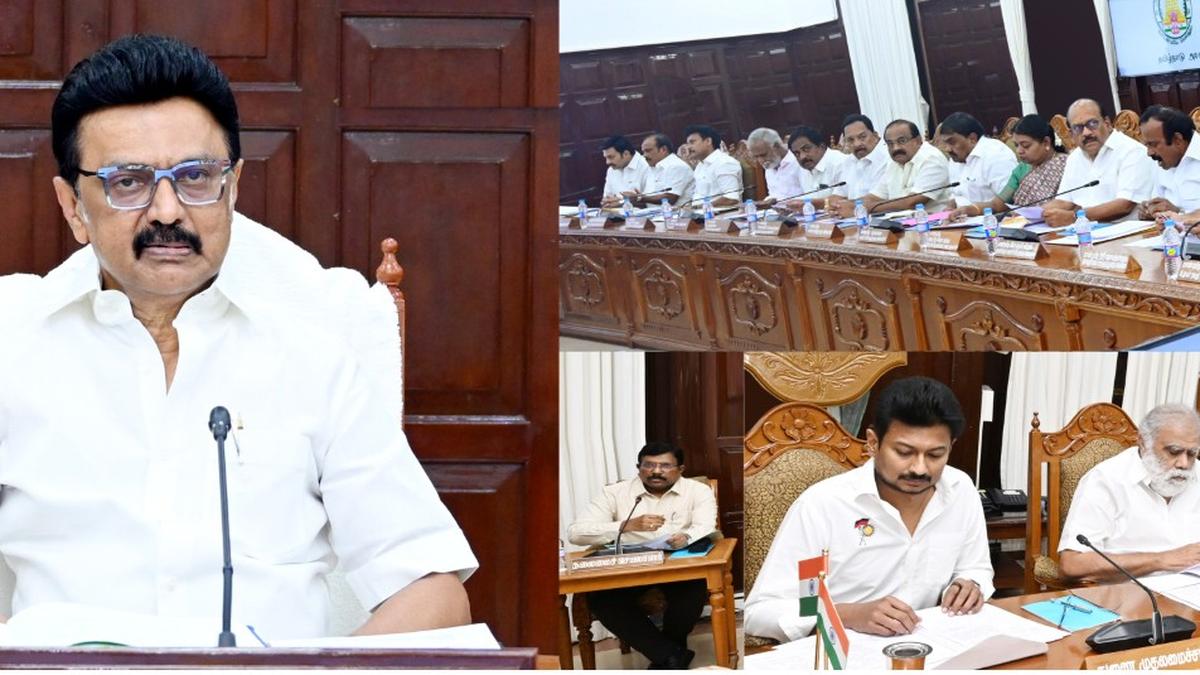State Space Policies of Gujarat and Tamil Nadu

- 27 May 2025
In News:
India’s space sector, traditionally dominated by public institutions like ISRO, has seen major policy shifts since 2020 to enable private participation. In a significant development, Gujarat and Tamil Nadu have become the first Indian states to formulate state-level space policies, aiming to bolster private investment, foster innovation, and generate employment.
Recently, Gujarat launched the Space Tech Policy 2025–30, becoming the first state to do so. A day later, Tamil Nadu approved its Space Industrial Policy 2025. These policies complement the Indian Space Policy 2023 and the liberalisation of FDI norms in the space sector. They also align with national efforts led by IN-SPACe (Indian National Space Promotion and Authorization Centre), established in 2022 to facilitate private sector engagement in space activities.
Key Features and Objectives
Employment and Investment Targets:
- Gujarat aims to create 25,000 jobs, while Tamil Nadu targets 10,000 new high-skilled jobs.
- Tamil Nadu expects to attract ?10,000 crore in investments over five years.
Sectoral Scope: Both policies aim to develop a full spectrum of space-tech activities including:
- Satellite payload and component manufacturing
- Communication and propulsion systems
- Ground stations and control centres
- Space application software and analytics
State-specific Incentives:
- Gujarat will provide launch and patent support, capital incentives via the Gujarat Electronics Policy, and access to benefits under the IT/ITeS and Deep Tech Start-up Programme.
- Tamil Nadu offers capital subsidies up to 20%, a ?10 crore Space Tech Fund, payroll subsidies up to 30% in the first year, and location-based investment incentives.
Infrastructure and Ecosystem Development
- Gujarat plans to establish a Centre of Excellence in Space Technology and a dedicated manufacturing cluster in Sanand, near Ahmedabad.
- Tamil Nadu will create TNSpaceBays, special industrial zones catering to MSMEs, deep-tech start-ups, R&D labs, and international players.
- New satellite testing infrastructure and skill development programmes are planned in Chennai.
Strategic Importance
The policies reflect recognition of space technology’s growing importance in national security, navigation, healthcare, internet services, weather forecasting, and disaster management. Missions such as Chandrayaan, Mangalyaan, and SpaDeX have enhanced India’s global space credentials, motivating states to leverage their talent and industrial ecosystems to participate in this high-value sector.
These state initiatives also resonate with India’s broader push towards Atmanirbhar Bharat, by promoting domestic manufacturing and reducing dependence on imports in critical technology sectors.
Conclusion
The Gujarat and Tamil Nadu space policies mark a paradigm shift in India’s sub-national innovation strategy. By aligning with central space policy reforms and incentivising private participation, these states are poised to become key hubs in India’s space-tech value chain. Such proactive state-level interventions are vital for India’s ambition to emerge as a global space power and offer a replicable model for other states like Karnataka and Telangana, which are also planning similar initiatives.
